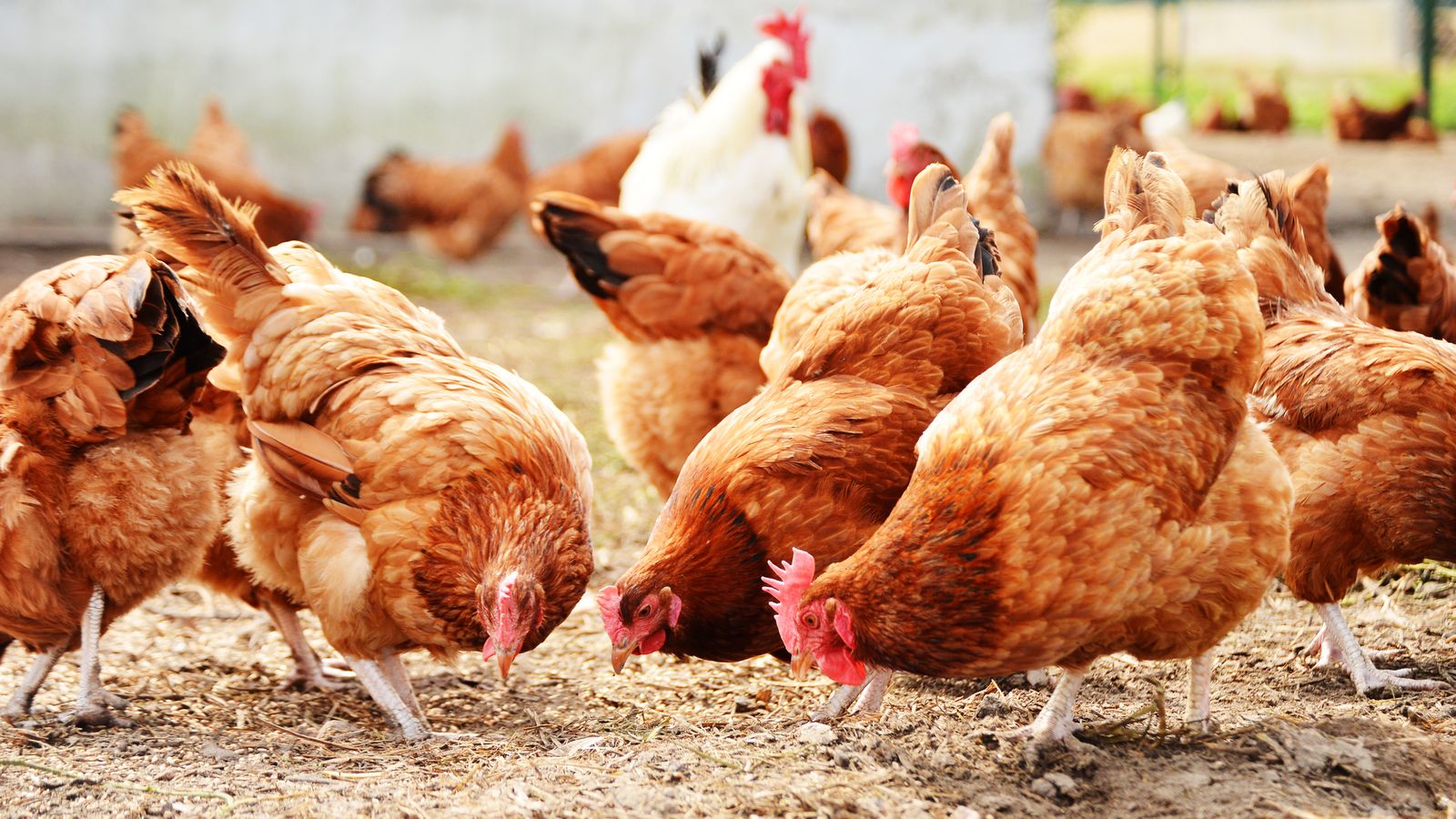Morrisons says it will be the first supermarket chain to be completely supplied by net zero carbon British farms – setting a target of 2030.
The UK’s fourth largest supermarket chain by market share said it was to work with suppliers of its meat, fruit and vegetable products to create a net zero model.
It said its team would look at the lifecycle of farm produce, from birth and germination through to store delivery, to examine best practice in cutting emissions, with the findings being shared across its network of farms.
“The farm models will look at reducing carbon via: rearing different animal breeds; using low food-mile feedstuffs; using renewable energy and low emission housing; and, cutting down fuel and fertiliser use.
“They will also look to offset carbon emissions via: planting grassland and clover; restoring peatland, improving soil health; planting trees; and, seeding hedgerows,” the company said.
Morrisons expected that eggs would be the first to achieve net zero status within its UK supply chain by 2022.
Beef, which accounts for almost half of agriculture’s 10% contribution to UK emissions due to high cattle’s methane production, would likely be the final product, Morrisons said.
It expected to sell a range of net zero beef by 2025.
David Potts, the company’s chief executive, said: “Climate change is one of the biggest challenges for our generation and growing food is a key contributor to greenhouse gas emissions.
“As British farming’s biggest supermarket customer, we’re in a unique position to guide our farms and help lead changes in environmental practices.
“It’s years ahead of industry expectations – and an ambitious target – but it’s our duty to do it.”
Please use Chrome browser for a more accessible video player
Environment secretary George Eustice said of the initiative: “The UK is the first major economy to legislate for net zero emissions by 2050.
“Our farmers will play a key role in achieving this. It is encouraging to see Morrisons commit to being supplied by net zero carbon British farms on such an ambitious timescale, helping to protect the environment for future generations.”






















